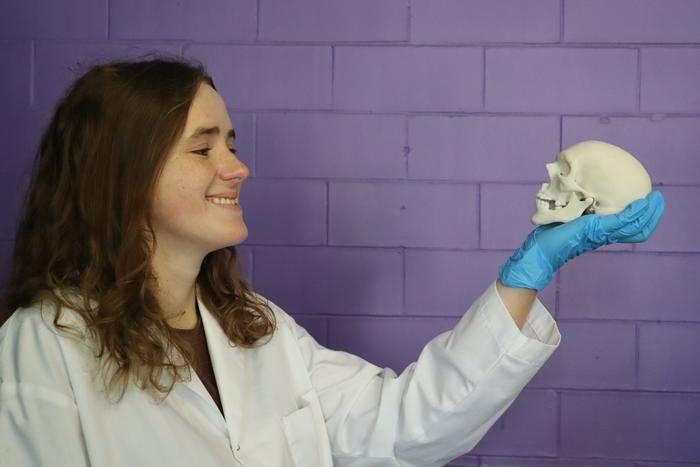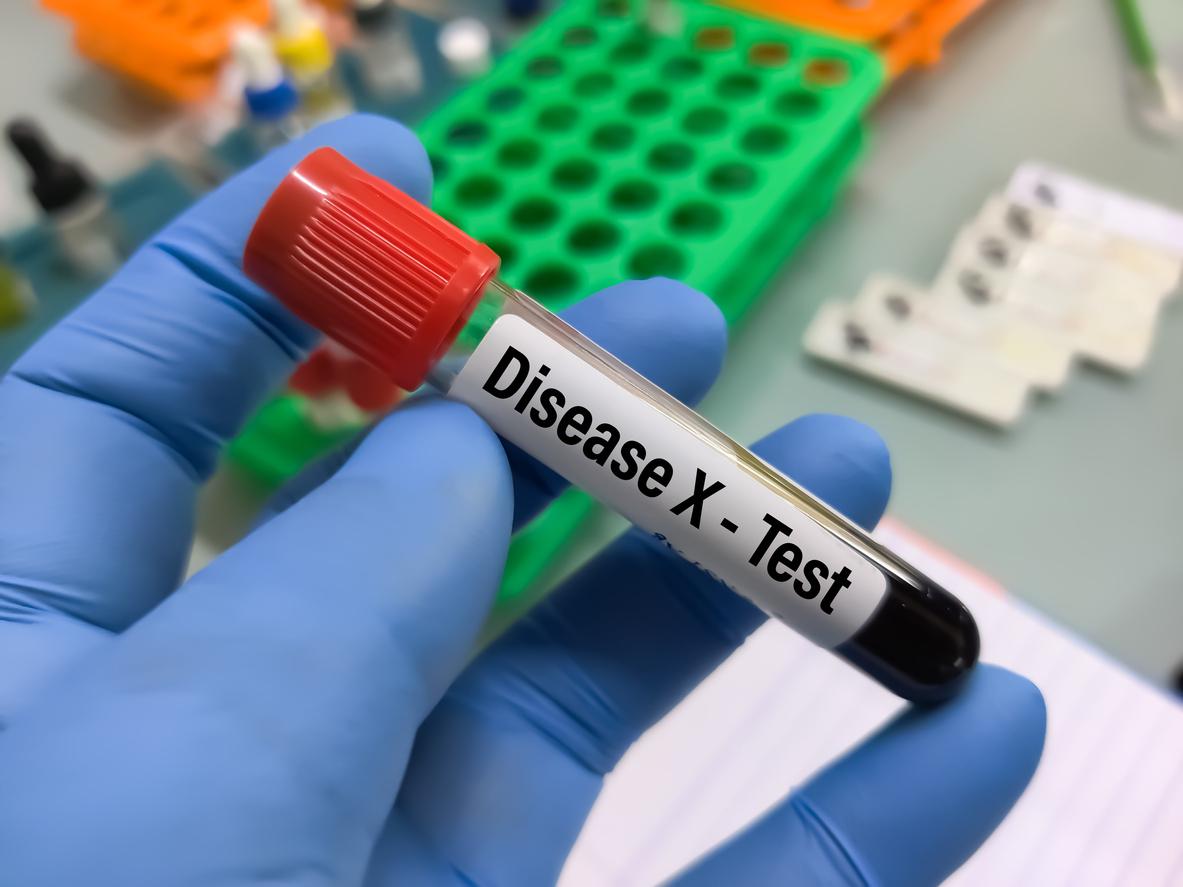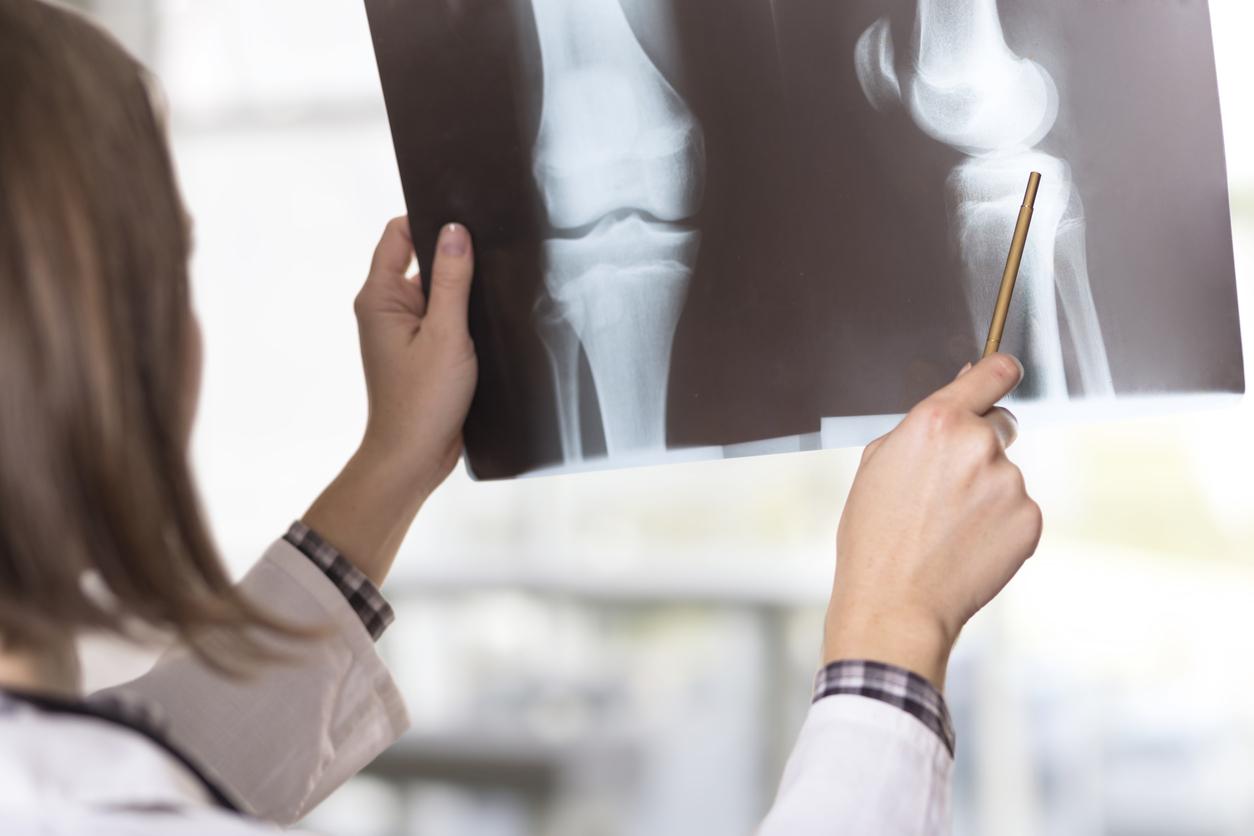The brittle bone disease, also called osteogenesis imperfecta, is a very rare genetic disease (it affects one in 25,000 births) that causes extreme bone fragility. An error in the developing baby’s DNA means that the collagen necessary for good bone structure is either missing or of poor quality. After birth, children with this disease face growth, teething and hearing problems and suffer multiple fractures (sometimes up to 15 per year).
Graft cells to make bones stronger
Aside from preventing fractures through physical therapies and the consumption of bone-strengthening drugs, no treatment currently available is capable of curing the causes of the disease. But, according to information reported by BBC, a team of doctors from the School of Medicine of the Karolinska Institute (Sweden) will carry out, from next January, a first clinical trial of stem cell transplants on babies still in their mother’s womb. By injecting these cells, doctors know they will not cure the disease. But they hope to take a big step forward in treatment, making the bones stronger so that children will suffer less frequent fractures later on.
For this trial, fifteen children will receive a transplant before and after birth and a second group will receive this transplant only after birth. The evolution of their health will be compared to that of a group of control children.
Read also :
Rare diseases: 3 million cases in France
The 7 weirdest diseases in the world
















